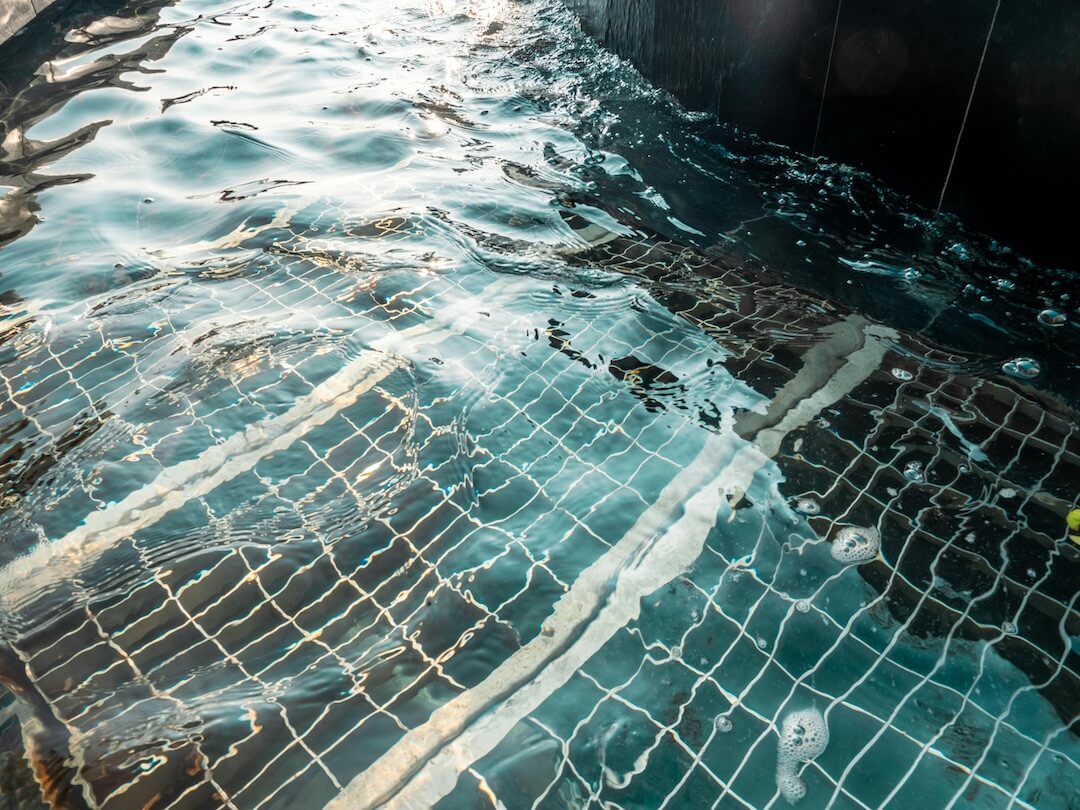How to Balance Pool pH Levels

How to Balance Pool pH Levels
Maintaining the correct pH level in your swimming pool is crucial for ensuring safe, clean, and balanced water. In Lauderdale-by-the-Sea, where the warm climate encourages year-round swimming, understanding how to effectively manage your pool’s pH can help prevent issues such as cloudy water, scaling, or corrosion of equipment. Proper pH balance not only enhances the longevity of your pool but also provides a more comfortable swimming experience for you and your family. Our pool experts are here to guide you through the process of balancing your pool’s pH levels with simple, effective steps tailored for Lauderdale-by-the-Sea residents.
Why pH Balance Matters in Your Pool
Keeping your pool’s pH within the ideal range of 7.2 to 7.6 is essential for multiple reasons. When the pH is too low, below 7.2, the water becomes acidic, which can cause skin and eye irritation, corrode pool equipment, and lead to corrosion of pool surfaces. Conversely, when the pH is too high, above 7.6, the water becomes alkaline, resulting in cloudy water, scaling on the pool surface, and reduced effectiveness of sanitizers like chlorine. Proper pH levels ensure that sanitizers work efficiently, thereby reducing the risk of bacteria and algae buildup. As Lauderdale-by-the-Sea’s climate influences water chemistry, staying vigilant and performing regular testing is key to maintaining the right balance.
How to Test Your Pool pH Levels
Testing your pool’s pH is a straightforward process that should be part of your regular pool maintenance routine. Use high-quality test strips or a liquid test kit, both of which are readily available at local pool supply stores. To get accurate readings, dip the test strip into the pool water or add a few drops of testing reagent as per the instructions. Wait a few seconds to allow the color to develop, then compare it against the provided chart. For consistent results, test your pool water at the same time each week, especially during the hot summer months when pH levels tend to fluctuate more rapidly. Our Lauderdale-by-the-Sea pool specialists recommend testing after heavy pool usage, after rainstorms, or following chemical adjustments to verify that the water remains within the optimal pH range.
Adjusting Your Pool pH Levels Safely and Effectively
If your test results show that the pH is outside the desired range, it’s time to take corrective action. To lower pH levels when they are too high, your pool experts recommend adding a pH reducer, typically containing muriatic acid or sodium bisulfate. Always add chemicals gradually, pouring them into the deep end of the pool while running the filter, to ensure even distribution. For raising pH levels that are too low, use a pH increaser, often made of sodium carbonate (soda ash). It’s important to follow the manufacturer’s instructions carefully and to re-test the water after adjustments to confirm the pH has reached the target level. Our specialists emphasize safety: always wear protective gear when handling chemicals and never mix different chemicals together. Regular adjustments help prevent the formation of scale or corrosion and maintain a safe swimming environment.
Best Practices for Maintaining pH Balance Year-Round in Lauderdale-by-the-Sea
Living in Lauderdale-by-the-Sea means dealing with warm, humid conditions that can accelerate chemical imbalances in your pool. To keep your pH levels stable, implement a consistent testing and balancing routine, ideally weekly during peak swimming season. It’s also beneficial to keep your pool’s filtration and circulation systems in optimal condition, as proper water movement promotes uniform chemical distribution. Consider investing in a pool automation system that monitors pH levels and adjusts chemicals automatically, making maintenance easier and more precise. Our pool experts recommend maintaining a clean filter, removing debris promptly, and regularly checking the water chemistry to prevent imbalances before they become problematic.
Additionally, be mindful of environmental factors such as rain, temperature changes, and high swimmer loads, all of which influence pH and water alkalinity. Covering your pool when not in use can help regulate chemical levels and reduce algae growth. For residents of Lauderdale-by-the-Sea seeking peace of mind and expert support, our professional pool services are always available to help you develop a customized maintenance plan that ensures your pool’s pH remains balanced year-round.
Why Choose Our Lauderdale-by-the-Sea Pool Specialists
When it comes to maintaining the perfect pH balance, relying on trained professionals is your best option. Our pool specialists have extensive experience working with Lauderdale-by-the-Sea pools, understanding the unique environmental factors at play. We use state-of-the-art testing equipment and high-quality chemicals to ensure your water chemistry stays within the ideal range. Our experts are dedicated to providing personalized advice, quick responses to your questions, and ongoing support to keep your pool safe and sparkling. Contact us today to schedule a consultation or routine maintenance visit. With our assistance, you can enjoy a perfectly balanced pool that is safe, inviting, and in pristine condition all year long.
Keeping your pool’s pH levels in check is vital for a healthy swimming environment. Trust our Lauderdale-by-the-Sea pool specialists to help you achieve and maintain optimal water chemistry effortlessly.



